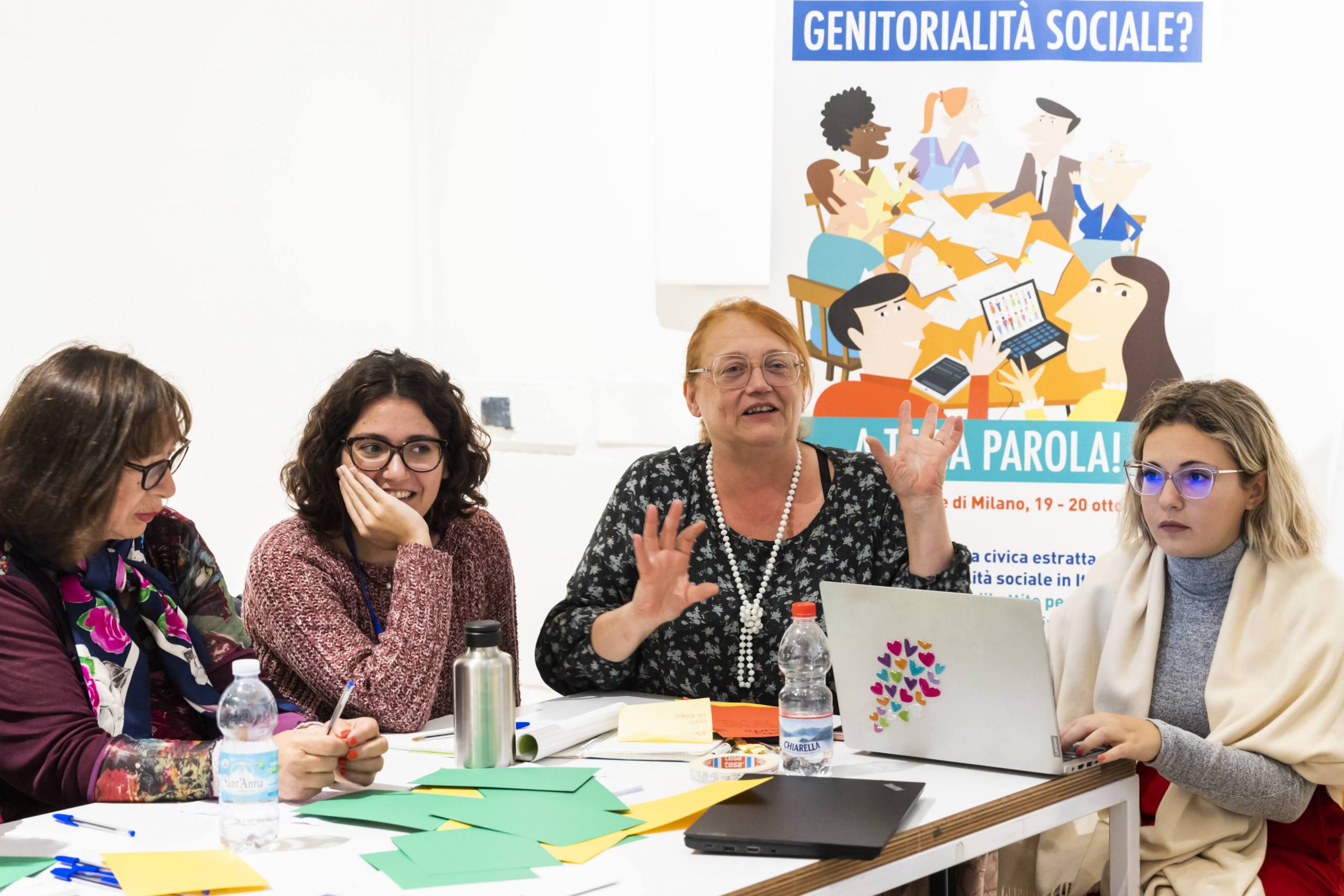Jan 9, 2024
Transnational European Assembly on Social Parenting Report
The innovative TEA Assembly on Social Parenting took place from 19-20 October 2023. Read the report on what we discovered!
Why social parenthood?
Social parenting is the expression standing for all those forms of non-biological parenting, linked with the use of various practices and techniques including: adoption, assisted fertilisation with heterologous technique and surrogacy.
It’s a complex subject about which it is important to provide both scientific and legal information, addressing its various aspects. Thanks to the in-depth analysis and reflection of experts, the Citizens’ Assembly enabled participants to be informed, debate and deliberate recommendations that will be proposed to Italian and European institutions.
Who organised the Assembly?
The Assembly was organised by EUMANS, a pan-European movement of popular initiative, which has made innovation in democracy the heart of its activities, with the support of Associazione Luca Coscioni, and with the patronage of the University of Milan “Statale”.
The association Prossima Democrazia, alongside with the University of Milan, also took part in the project as scientific advisers.
This was organised as a two-day event related to Social parenting. While the first day focused on transmission of knowledge and open discussion, the second day focused on deliberation and collective decision-making.
Random selection of participants
The Citizens’ Assembly aims to match the demographic and social profile of the community. For this reason, among the criteria for its composition, often are age, gender, place of residence, ethnicity, social group, etc. The goal is to create an assembly that, on a small scale, can “think, feel, reason and act like the rest of society” (Van Reybrouck). A “small society” or “minipublic”, as the scientific literature calls it. The size of the group allowed for a wide variety of points of view to be included.
A full report on the assembly can be downloaded here.

